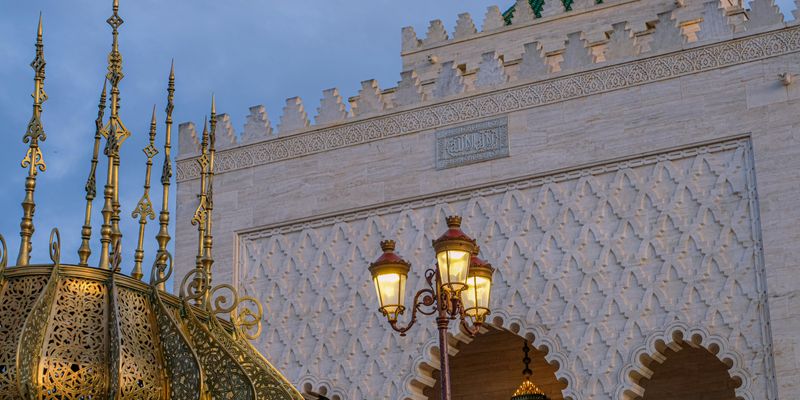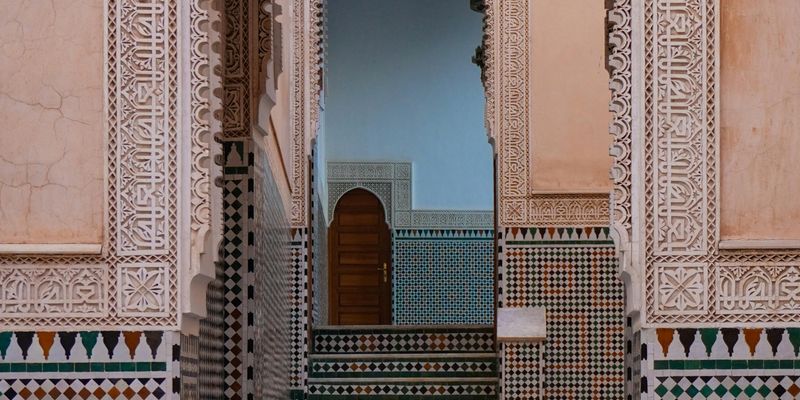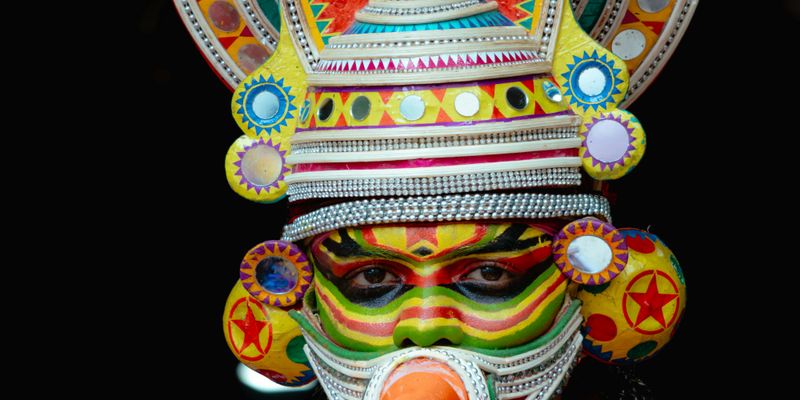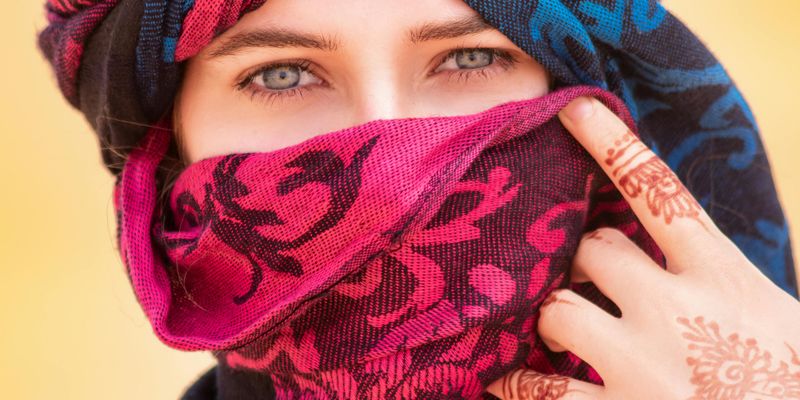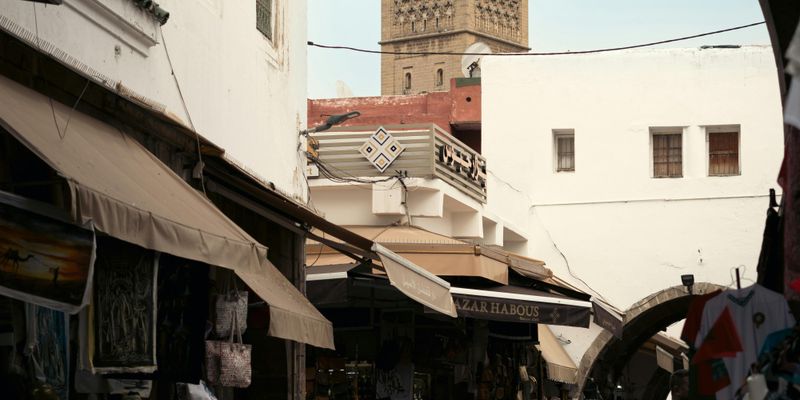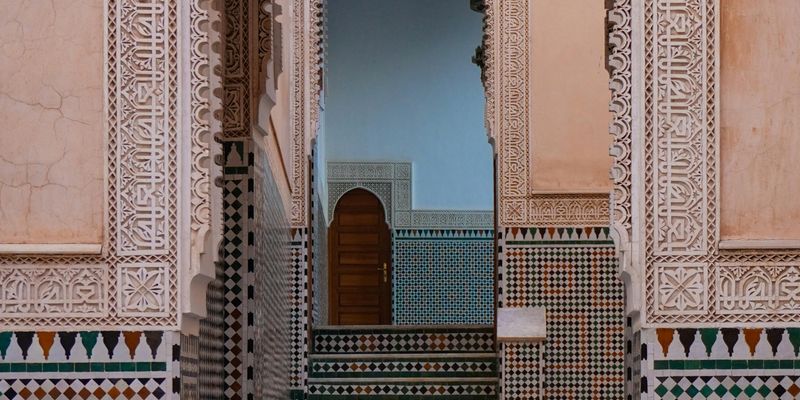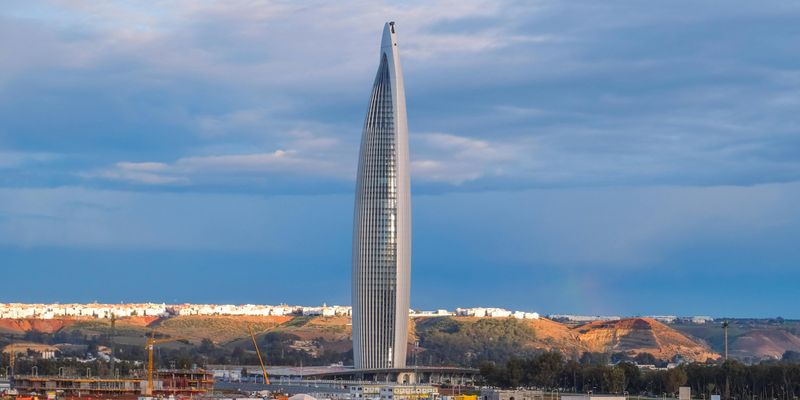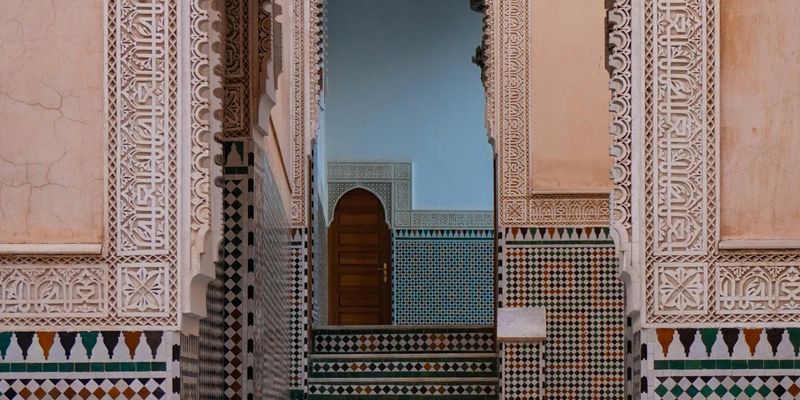
Introduction
Welcome to Morocco, a land where the ancient and modern coalesce, and where the words of poets resonate deeply within the souls of its people. Today, I want to take you on a journey through the rich tapestry of Moroccan culture, exploring why poetry is often described as the heartbeat of this vibrant nation.
The Essence of Poetry in Moroccan Life
In Morocco, poetry is more than just an artistic expression; it is an integral part of daily life. From the winding streets of Marrakech's medina to the serene landscapes of the Atlas Mountains, the verses of poets echo the hopes, dreams, and struggles of the Moroccan people.
One of the most beloved forms of poetry is Châabi, which captures the spirit of the common folk. This genre is often performed at weddings and local gatherings, and it tells stories of love, resilience, and the beauty of everyday life. You can often find musicians playing at cafes, bringing people together to sing along to these soulful lyrics. There’s nothing quite like experiencing a Châabi performance to feel the pulse of Moroccan culture!
Spiritual Poetry and the Influence of the Sufi Tradition
An important aspect of Moroccan poetry is its deep connection to spirituality, particularly through the Sufi tradition. Sufism celebrates poetry as a means of spiritual expression and connection to the divine. One of the most revered Sufi poets is Ibn Arabi, whose works reflect mystical themes, exploring love and the search for truth.
In the cities of Fez and Meknes, you can discover the legacy of Sufi poets during traditional gatherings known as zawiyas, places of spiritual learning. Here, recitations of poetry mixed with music and dance allow participants to transcend the mundane and experience a slice of the divine. It’s an enchanting experience that immerses you in the rhythms of Moroccan spirituality.
Cultural Festivals: Celebrating the Poetic Spirit
Every year, various cultural festivals across Morocco celebrate the power of poetry. One standout event is the Gnaoua World Music Festival in Essaouira, where musicians and poets gather from around the world to honor African and Moroccan heritage. This festival beautifully illustrates how poetry transcends language, connecting people through the universal rhythm of beat and verse.
Such festivals not only highlight traditional poetry but also encourage contemporary poets and artists to share their voices. Here, young and old alike engage in storytelling and creative expression, showcasing the vibrancy and relevance of poetry in modern Moroccan society.
Preservation of Language and Culture
Poetry also serves as a vehicle for preserving Morocco's rich linguistic heritage. With Arabic and Amazigh (Berber) languages intertwined in daily communication, poetry offers a compelling way to celebrate both cultures. Artists often weave local proverbs and idioms into their verses, preserving the wisdom of generations.
For instance, the term Hirfa, referring to the poetic forms that reflect societal norms and local customs, plays a vital role in keeping Moroccan narratives alive. This fusion of language and culture is what makes Moroccan poetry a vital part of the national identity.
Conclusion: The Living Heartbeat of Morocco
As I reflect on my experiences as a Moroccan, I see poetry as a living, breathing entity – a pulse that connects us all. Whether you’re walking through a bustling market, listening to a street performer, or attending a family celebration, the words of poets fill the air with meaning and emotion.
Join me in celebrating the heartbeat of Moroccan culture through poetry. Share your own experiences and let the words flow, because in Morocco, every verse tells a story waiting to be heard.
